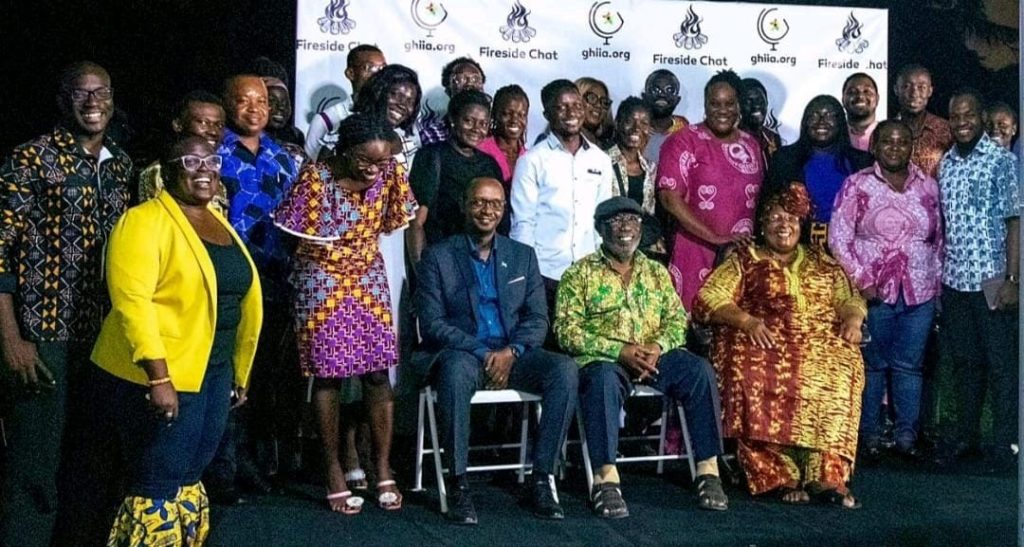By Stanley Senya
Accra, March 15, GNA – Professor Esi Sutherland-Addy, an academician has called for the need for government to achieve a deeper level of engagement with the forced African Diaspora.
She said though the country had done well to champion integration and the ‘return’ of the diaspora, more had to be done for Africa’s forced diaspora to come back to the country.
Prof Sutherland-Addy was speaking during a lecture organized by the Institute of International Affairs, Ghana (GhIIA.org) on the theme “New ideas for engagement and integration: Africa and its forced Diaspora.”
The event attracted Members of the Institute, Retired and serving Diplomats, Members of the Diplomatic Community and the African-American and Afro-Caribbean Community in Ghana
She commended the country for doing well with initiatives like PANAFEST and the Year of Return.
She said her father, Bill Sutherland, moved to the then Gold Coast with fellow African Americans like the Dr. Lee, as part of a desire to re-integrate and to promote Pan-Africanism, leading to the effort in convincing Martin Luther King to attend Ghana’s independence celebrations.
Prof. Sutherland-Addy agreed with the assertion concerning the weakness of the current educational syllabus in not teaching Ghanaian students about slavery and expressed worry that if the battles on stories around the tragedy slavery were not won, the narrative on slavery would be morphed into a warped recollection and lead to a severance of ties with the Afro -American and Caribbean communities.
She explained that more deliberate and consistent policies and actions must be taken to ensure a smoother ability for returnees to integrate and commended the government for conferring citizenship on African Americans, including the recent conferment of citizenship on Viola Fletcher and Hughes Van Ellis, two of the oldest survivors of the Tulsa race riots.
She called for the establishment of a truth and reconciliation process to help settle and assuage the scourge of slavery and to hasten the integration of African-Americans and Afro- Caribbeans back to the African continent.
Madam Nana Akosua Serwah Oyo, Director of Admissions at the Academic City said that in her 20-year stay in Ghana, it was the first time she ever witnessed an open dialogue event about a conversation that delved into the deep issues around “the return”.
She agreed with the need for a general reeducation and re-awakening, noting that Ghanaians and other Africans sometimes used derogatory nicknames for African Americans, mocking their slavery in the plantations.

Mr. Charles Zwennes, who is of Afro – Caribbean and Ghanaian descent said there was the need for truth and reconciliation process to assuage and settle the feeling of abandonment felt by the forced diaspora.
The lecture formed part of BUGUM, a fireside chat event of the Institute of International Affairs, Ghana as a platform that provides key players in Ghana’s International Affairs landscape opportunities to share recollections and lessons from their career and experience.
This particular BUGUM was to commemorate Black History Month.
GNA